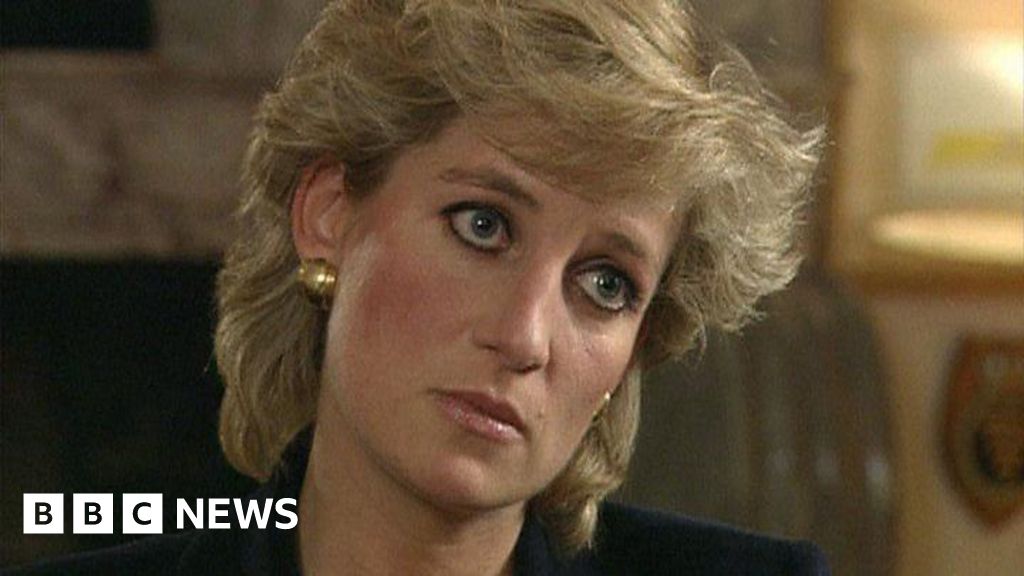Toto Wolff has sold 15% of his shareholding in the Mercedes Formula 1 team to American billionaire George Kurtz.
Kurtz, 55, is the founder of the cybersecurity firm Crowdstrike, which is a sponsor of Mercedes.
The deal values Mercedes F1 at $6bn (£4.6bn), a record for an F1 team. McLaren were valued at £3.5bn in a change of ownership structure in September.
Wolff's holding company owns one-third of Mercedes F1, so the shareholding he is selling equates to 5% of the team.
Wolff, who will net $300m (£230m) from the deal, will stay on as team principal and chief executive officer, while the governance of Mercedes F1 continues unchanged.
Kurtz, whose stake is coming out of his personal funds rather than his company's, said the valuation put on the team was "in line with the market", adding that "if you look at sports [valuations] across the globe, they are all up".
Kurtz said: "Formula 1 is really at an inflection point where it is a thriving business.
"If you're making an investment like this, you believe that the sport is going to grow, F1 is going to grow and the team valuations are going to grow, and you're going to be able to contribute to that growth."
Kurtz will not be on the main board but will join the team's strategic steering committee, on which Ola Kallenius, the chairman of the management board of the Mercedes Group, Ineos chairman Sir Jim Ratcliffe and Wolff meet to discuss issues to do with the team.
Kurtz described his role as "nothing more than a seat at the table to provide input and discussions".
Wolff said: "George's background is unusual in its breadth: he's a racer, a loyal sporting ambassador for Mercedes-AMG, and an exceptional entrepreneur.
"He understands both the demands of racing and the realities of building and scaling technology businesses. That combination brings specific insight that is increasingly relevant to the future of Formula 1."
The deal represents a more than seven-fold increase in the value of Mercedes F1 since Ineos bought its one-third stake for £208m in 2020.
The rise reflects the growth in valuations of F1 teams in the past few years as a consequence of the increasing appeal of the sport around the world.
This was also seen in the success of the F1 movie starring Brad Pitt, which was released last summer and has grossed more than $630m (£482m) at the box office. It is Pitt's most successful film and the most successful sports movie of all time.
Mercedes are second in the constructors' championship with three races remaining this season, starting with this weekend's Las Vegas Grand Prix.
Their lead driver George Russell has won two of the 21 grands prix this year and is fourth in the drivers' championship behind McLaren's Lando Norris and Oscar Piastri and Red Bull's Max Verstappen.
The valuation put on this deal is a measure of the growth in F1 over the past few years, which is being reflected in the perceived value of teams.
Valuations typically come from a given multiple of revenue or profitability. In this case, Mercedes' valuation is just over seven times its revenue, which was £636m last year.
A similar calculation was used for the McLaren valuation in September.
In terms of other sporting entities, Mercedes are valued at slightly less than Manchester United and slightly more than Liverpool - so it's in the ballpark of valuations for leading non-US sports franchises.
Teams in US leagues, such as American football's NFL and ice hockey's NHL, are significantly higher.
Kurtz said he had based his decision to invest on F1's recent growth in the US market, through the Netflix Drive to Survive series and three grands prix in Austin, Miami and Las Vegas, in addition to the other race in North America in Mexico.
He said: "It's a thriving business. And from that standpoint, if you have a thriving business with more market opportunity, particularly in the US, in my opinion, you're going to see valuations grow. Can it grow into something like the NBA or like the NFL? I think so, which is why I invested."
F1 team valuations are increasing because the sport is growing in popularity, there are predictable outgoings because of the cost cap - which was introduced in 2021 - and the team, in this case, and F1 both have long-term stable sponsorship income and partner contracts.
Mercedes' revenue comes from sponsorship and licensing, F1 prize money and other revenues from inside the sport - for example selling gearboxes to Williams and Aston Martin.
Mercedes is one of F1's two most valuable teams, along with Ferrari, which is valued at $6.5bn (£5bn) by Forbes. It is an intrinsic part of the wider car company, which is listed on the New York Stock Exchange. McLaren and Red Bull are next, followed by Aston Martin and Williams.
Forbes predicts the entry of Cadillac, part of US car giant General Motors, next year, will further elevate valuations.
.png)
 3 hours ago
2
3 hours ago
2








 English (US) ·
English (US) ·